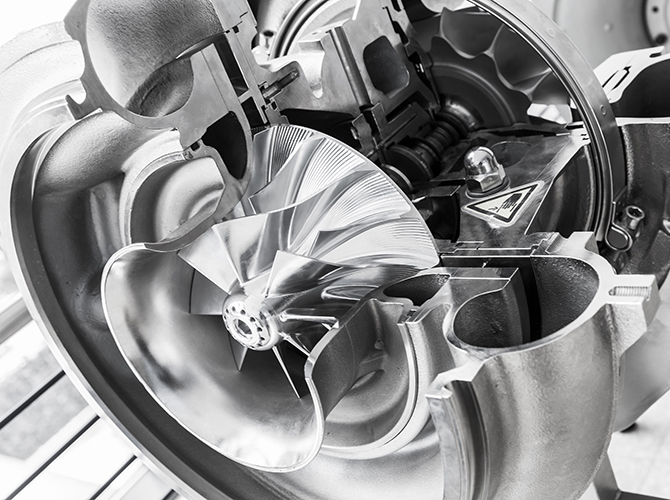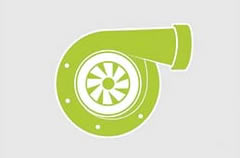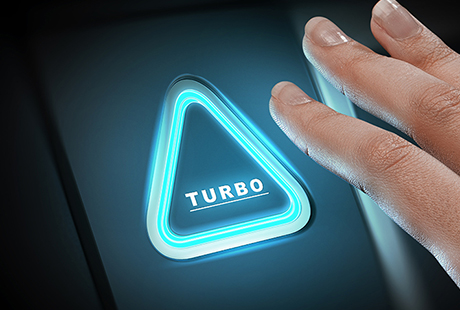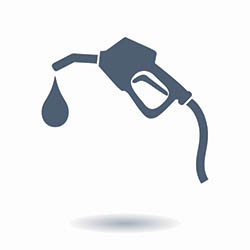Turbochargers have been used on race cars for decades. They’re also commonly used on heavy-duty trucks to improve operating efficiency and on sports cars to add extra power.
But, turbochargers are starting to appear under the hood of more mundane passenger cars. That’s because the devices are a cost-effective way to improve fuel efficiency. Turbos can help a four-cylinder engine produce as much power as their bigger V-6 counterparts.
It’s part of an ongoing trend toward engine downsizing. Automotive engineers are eager to harness the advantages of turbo technology to improve fuel efficiency and reduce emissions.
[Source: Assembly Magazine, 4th May 2017]Read more: – http://www.assemblymag.com/articles/93820-turbos-give-small-car-engines-a-big-boost








